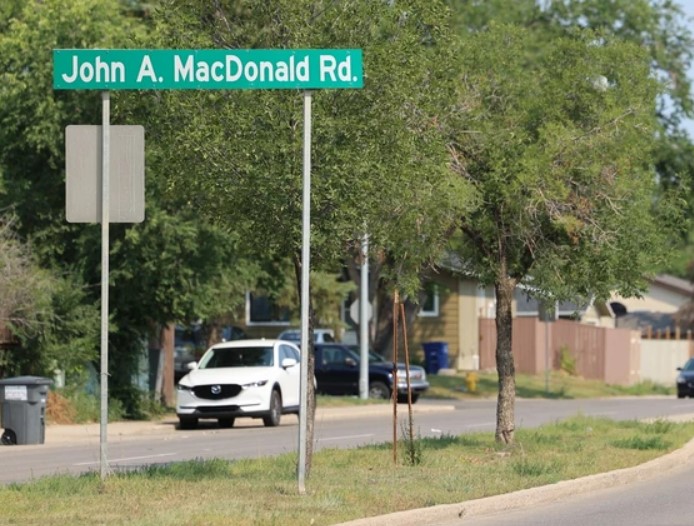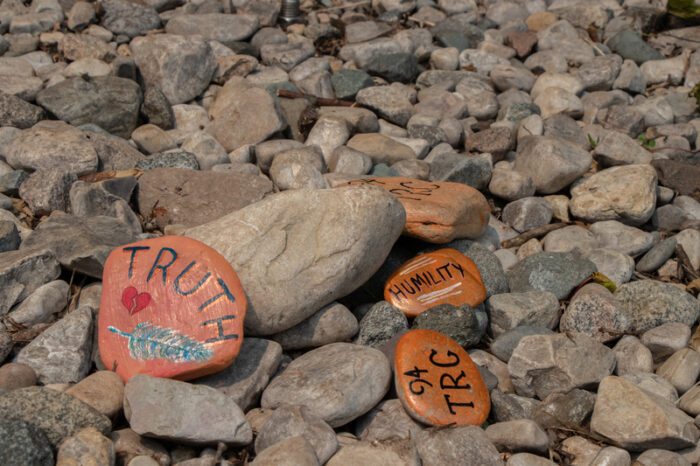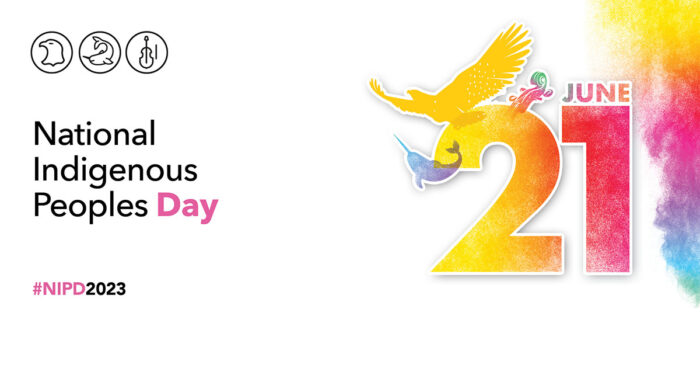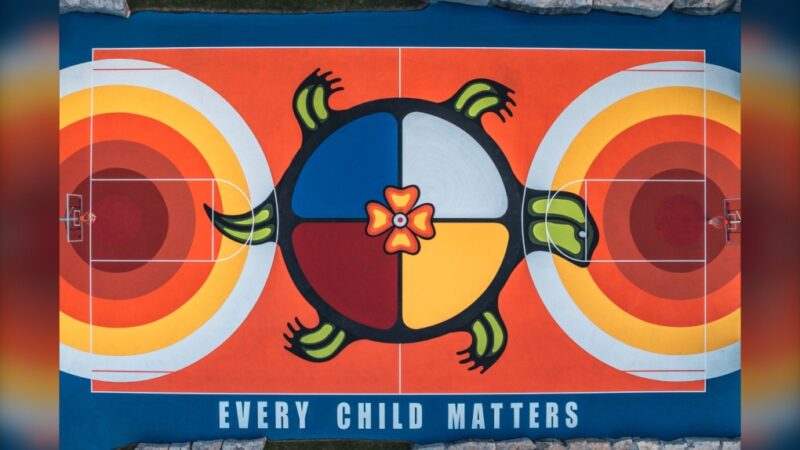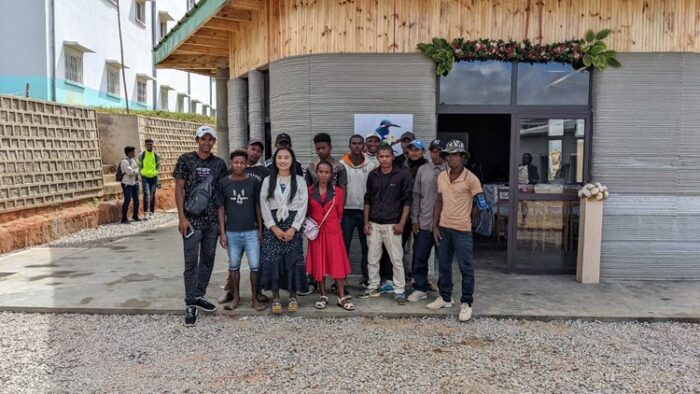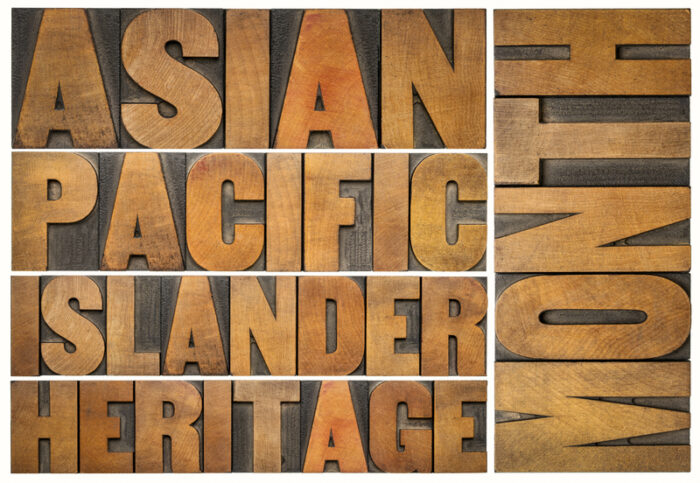After a three-year campaign, a village in Haida Gwaii is regaining its Indigenous name.
Starting last week, the Village of Queen Charlotte is now officially Daajing Giids (say daw-jean geeds).
This change comes over ten years after a larger change had occurred in Haida Gwaii itself. For centuries, this archipelago (or collection of islands) had been known by the name The Queen Charlotte Islands. But after years of negotiating, the Haida Nation successfully lobbied the B.C. government to have the name changed in December 2009 to Haida Gwaii, which means "islands of the people".
A landmark decision
The Haida Nation has been at the forefront of the Indigenous rights movement in Canada for years. Protests over logging on their ancestral lands in the 1980s started a chain of events that led to the name changes that we are seeing today. (Getty Embed)
When Haida Gwaii was made the official name of the archipelago, it was a landmark decision in process of reconciliation between Indigenous Peoples and Canadian governments. At the time that the agreement was signed, then-Haida Nation president Guujaaw said, "After 100 years of conflict, we have set the ground for a more productive era of peace."
This restoration of an Indigenous name to a village is another big milestone in that movement. White settlers had named the place The Village of Queen Charlotte in 1908. This change—which had been in the works since April 2019—follows a pair of similar moves elsewhere in B.C. last summer.
In August 2021, work with the shíshálh Nation led to the community of Wilson Creek being changed to ts'uḵw'um, while Saltery Bay became sḵelhp.
An original connection to land and culture
Gwaii Haanas National Park Reserve is a Haida Heritage Site established in 1988. (Getty Embed)
In all of these cases, returning place names to their original Indigenous titles is a sign of respect. These places have connections with Indigenous Peoples and Nations that go back thousands of years. In fact, it is estimated that the ancestors of the Haida Nation have lived on these islands for over 13,000 years.
"It's been a lot of work to get to this point," said current Haida Nation President Jason Alsop, also known as Gaagwiis.
The mayor of the village, Kris Olsen, also added that this was a move that was done with "love and respect". "We have embraced our responsibility and come through on the right side of this historic moment," he said.
He has personally removed signs outside the village that read "Entering Village of Queen Charlotte". They will be replaced with signs welcoming visitors to Daajing Giids soon!
To read more about the importance of preserving ancestral names and language to Indigenous cultures, read this interview on Ojibwe immersion classes.
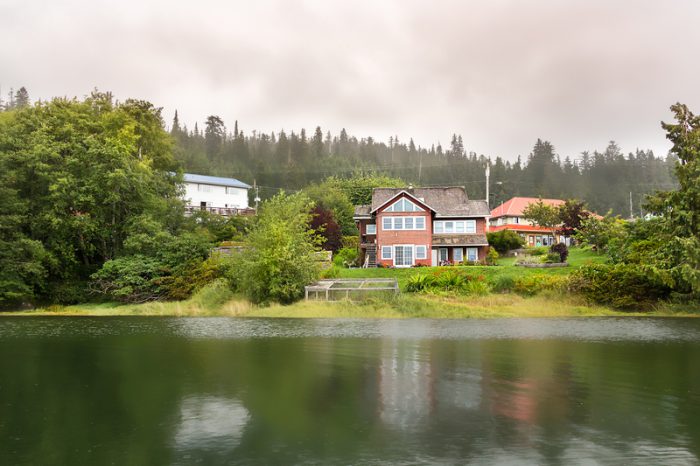 A view of homes in Daajing Giids, a village in Haida Gwaii. (ID 105872444 © Rpianoshow | Dreamstime.com)
A view of homes in Daajing Giids, a village in Haida Gwaii. (ID 105872444 © Rpianoshow | Dreamstime.com)
